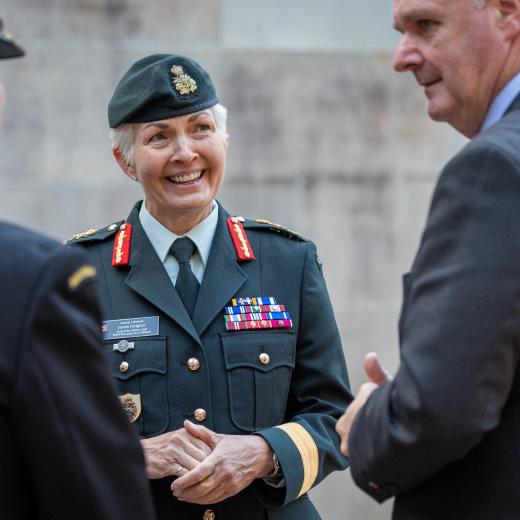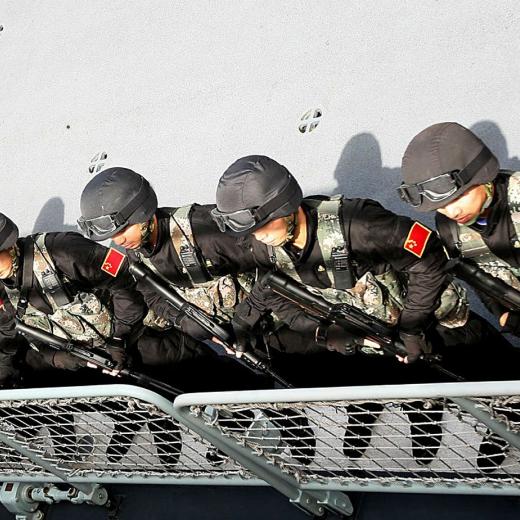BLUF
Australia has a vital national interest in helping to maintain the current Rules-based-order (RBO).Summary
The rules-based-order RBO concept appears regularly in the media, particularly regarding great power competition. The UN Association of Australia defines it as:
A concept gaining increasing currency both in Australia and internationally is that of a ‘rules-based international order’. This means a shared commitment by all countries to conduct their activities in accordance with agreed rules that evolve over time, such as international law, regional security arrangements, trade agreements, immigration protocols, and cultural arrangements. UNAA_RulesBasedOrder_ARTweb3.pdf
The key points about the RBO are:
- Coined in the 1990s.
- Similar to the more established liberal international order (LIO) that began in the Cold War but didn’t include the Soviet Union.
- Assumed all countries would ultimately adopt it.
- Long promoted by Australian leaders.
- Initially used to describe the multilateral trade system leading to the World Trade Organisation.
- In practice, it never included the whole world.
- Need for it highlighted by the Russian annexation of Crimea and the Chinese South China Sea Island building.
- Mentioned 56 times in the 2016 Defence White Paper, primarily referring to global rather than regional order.
- Has been used to justify a variety of strategic policies.
- RBO delivering 70 years of peace in the Indo-Pacific is a myth demonstrated by the Korean and Vietnam Wars.
- An RBO needs to be developed and generally accepted for the Indo- Pacific.
References
- Jan 2021 The Diplomat Want a Rules-Based Order for the Indo-Pacific? Start With Diego Garcia.
- Feb 2021 Asia Link Perspectives: Preserving the ‘Rules-Based Order’
- Mar 2021 Foreign Policy China Wants a ‘Rules-Based International Order,’ Too





